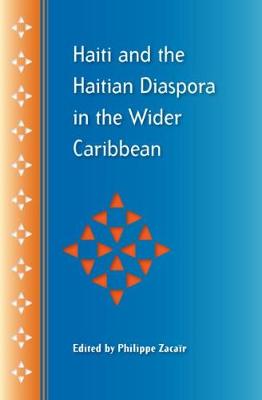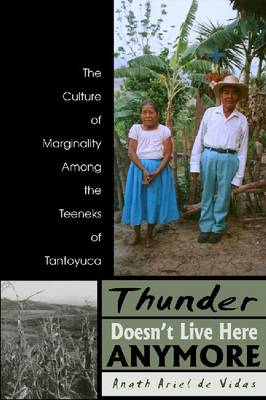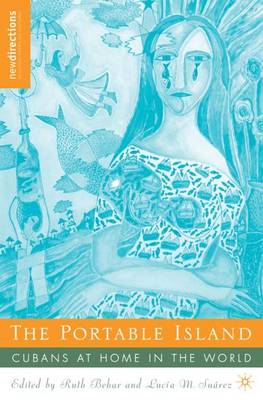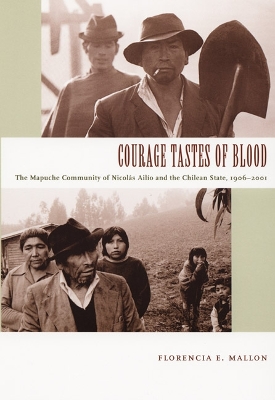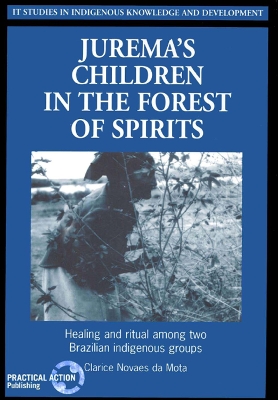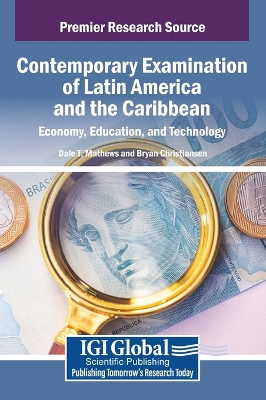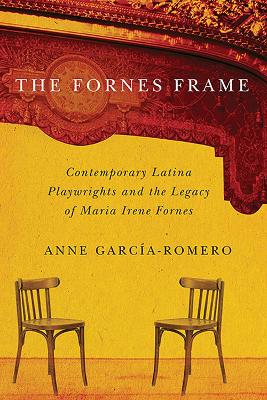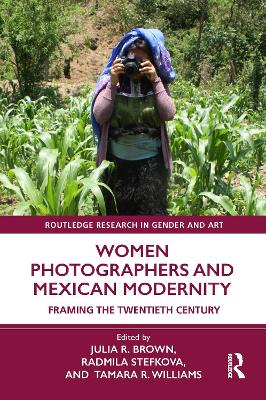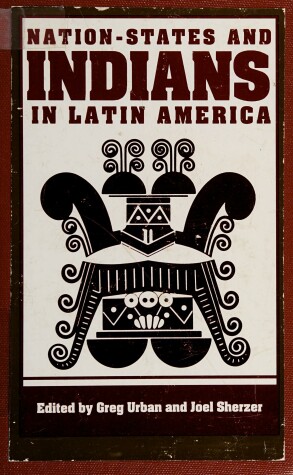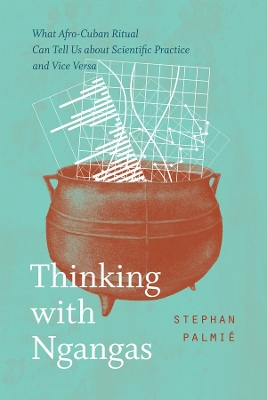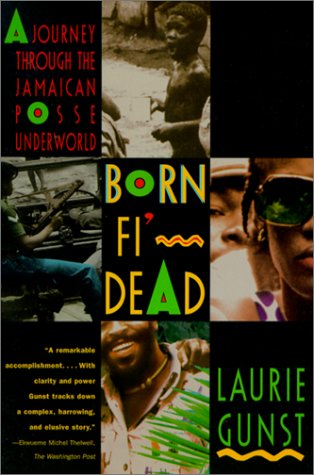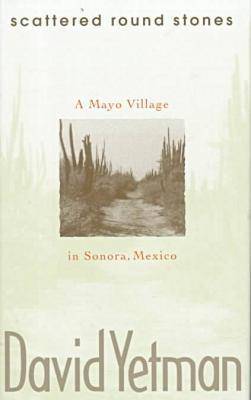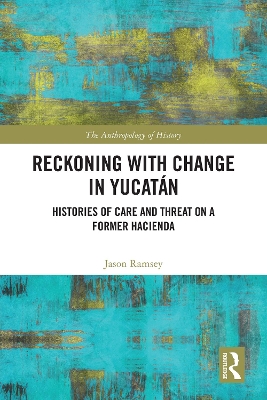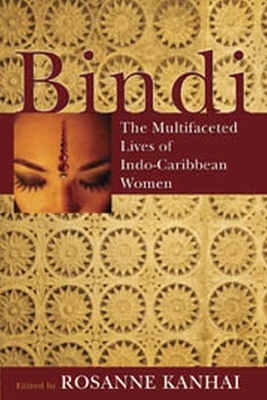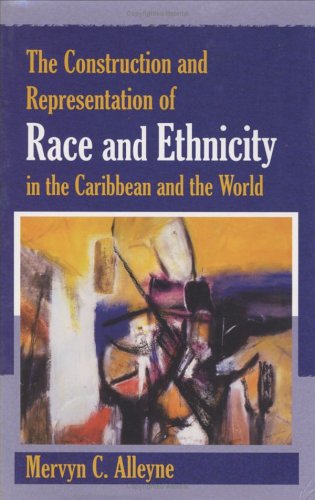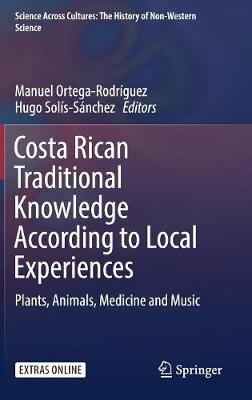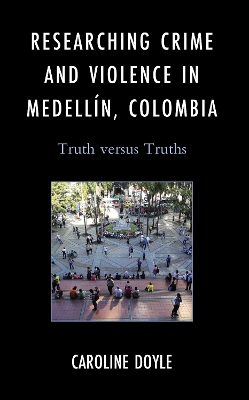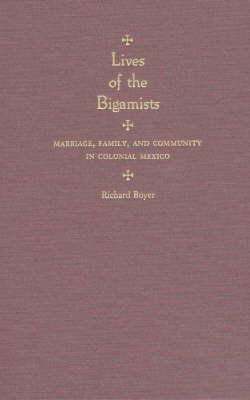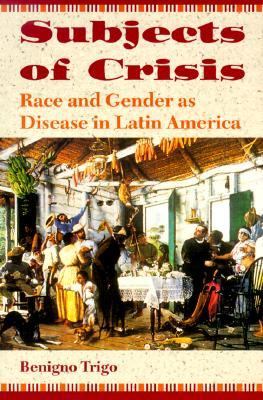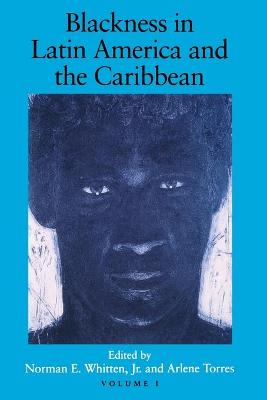Haiti And The Haitian Diaspora In The Wider Caribbean (New World Diasporas)
During the past ten years, political debates, legal disputes, and rising violence associated with the presence of Haitian migrants have flared up throughout the Caribbean basin in such places as Guadeloupe, the Dominican Republic, French Guiana, the Bahamas, and Jamaica. The contributors to this volume explore the common thread of prejudice against the Haitian diaspora as well as its potential role in the construction of national narratives from a comparative and interdisciplinary perspective. T...
Now available in English, Thunder Doesnt Live Here Anymore explores the highly unusual worldview of the Teenek people of Tantoyuca, whose self-deprecating cosmology diverges quite radically from patterns of positive cultural identity among other indigenous groups in Mexico. The Teenek speak of themselves as dirty, dumb, ignorant, and fearful, a vocabulary that serves to justify the Teeneks condition of social and spatial marginality in relation to their mestizo neighbours. However, as Anath Arie...
The Portable Island (New Directions in Latino American Cultures) (New Concepts in Latino American Cultures)
Cubans today are at home in diasporas that stretch from Miami to Mexico City to Moscow. Back on the island, watching as fellow Cubans leave, the impact of departure upon departure can be wrenching. How do Cubans confront their condition as an uprooted people? The Portable Island: Cubans at Home in the World offers a stunning chorus of responses, gathering some of the most daring Cuban writers, artists, and thinkers to address the haunting effect of globalization on their own lives.
Until now, very little about the recent history of the Mapuche, Chile’s largest indigenous group, has been available to English-language readers. Courage Tastes of Blood helps to rectify this situation. It tells the story of one Mapuche community—Nicolás Ailío, located in the south of the country—across the entire twentieth century, from its founding in the resettlement process that followed the military defeat of the Mapuche by the Chilean state at the end of the nineteenth century. Florencia E...
New Democratic Initiatives in Authoritarian Twenty-First Century Latin America
Women Photographers and Mexican Modernity (Routledge Research in Gender and Art)
The photographers discussed in this book probe the most contentious aspects of social organization in Mexico, questioning what it means to belong, to be Mexican, to experience modernity, and to create art as a culturally, politically, or racially marginalized person. By choosing human subjects, spaces, and aesthetics excluded from the Lettered City, each of the photographers discussed in this volume produces a corpus of art that contests dominant narratives of social and cultural modernization...
Nation-States and Indians in Latin America (Symposia on Latin America)
by Greg Urban
A comparative investigation of Afro-Cuban ritual and Western science that aims to challenge the rationality of Western expert practices. Inspired by the exercises of Father Lafitau, an eighteenth-century Jesuit priest and protoethnographer who compared the lives of the Iroquois to those of the ancient Greeks, Stephan Palmié embarks on a series of unusual comparative investigations of Afro-Cuban ritual and Western science. What do organ transplants have to do with ngangas, a complex assemblag...
Among the ethnic gangs that rule America's inner cities, none has had the impact of the Jamaican posses. Spawned in the ghettos of Kingston as mercenary street-fighters for the island's politicians, the posses began migrating to the United States in the early 1980s, just in time to catch and ride the crack wave as it engulfed the country. Feared and honoured for being "harder than the rest", these Jamaican cocaine syndicates laid claim to their new American, and subsequently British, territories...
Scattered round Stones (University of Arizona Southwest Center)
by David Yetman
"From the very first, Teachive captivated me, " David Yetman writes in this ethnography of a Mayo Indian peasant village in Sonora, Mexico. Over the centuries, the Mayos have evolved a profound union between the monte, or thornscrub forest, and their cultural life. With the assistance of resident Vicente Tajia and others, Yetman describes the region's plant and animal life and recounts the stories and traditions that animate the monte for the Mayos. That folk culture, so critical to their identi...
Reckoning with Change in Yucatán (The Anthropology of History)
by Jason Ramsey
Reckoning with Change in Yucatán engages with how best to look upon and respond to change, arguing that this debate is an important arena for negotiating local belonging and a force of transformation in its own right. For residents of Chunchucmil, a historic rural community in Yucatán, Mexico, history is anything but straightforward. Living in what is both a defunct 19th-century hacienda estate and a vibrant Catholic pilgrimage site, Chunchucmileños reckon past, present, and future in radically...
Bindi
In contemporary times, the bindi (red dot between the eyebrows) is decorative as well as religious, and is worn by women of any marital status, Hindu or non-Hindu, in India, its diaspora and globally. Rosanne Kanhai uses the 'bindi' to characterise how Indo-Caribbean women come into their own in multiple ways. The book is a sequel to Matikor: The Politics of Identity for Indo-Caribbean Women and showcases recent works that reflect a variety of disciplines, styles and topics that include consider...
The Construction and Representation of Race and Ethnicity in the Caribbean
by Mervyn Alleyne
The definition and evolution of the categories of race and ethnicity have long been debated among historians and scholars of social anthropology. This book examines how the meanings and values of race and ethnicity have been constructed historically and how they are represented symbolically, with particular focus on the Caribbean Mervyn Alleyne examines the historical development of these categories in Europe, in Asia and in Africa and then proceeds to an in-depth analysis of the Caribbean, with...
This book offers ten chapters dealing with Costa Rican traditional knowledge. Each chapter presents a transcription from a talk given to an interdisciplinary audience at Universidad de Costa Rica. The chapters address the links between knowledge and culture in a variety of cases, including black, indigenous and "white" knowledge in both rural and city contexts, with an emphasis on gender issues. This book is the first of its class and its transcriptions have been annotated for easier reading....
Researching Crime and Violence in Medellín, Colombia: Truth versus Truths questions categories, assumptions and labels around interpretations of criminal actors and violence in Latin America and the Caribbean. By drawing from her experiences conducting fieldwork in Medellín, Colombia, Caroline Doyle provides readers with a unique window into the complex reality of crime and violence in the city. She reflects on her journey to try and make sense of the crime and violence and challenges she faced...
Supplement to the "Handbook of Middle American Indians"
In 1981, UT Press began to issue supplemental volumes to the classic sixteen-volume work, "Handbook of Middle American Indians". These supplements are intended to update scholarship in various areas and to cover topics of current interest. Supplements devoted to Archaeology, Linguistics, Literatures, Ethnohistory, and Epigraphy have appeared to date. In this Ethnology supplement, anthropologists who have carried out long-term fieldwork among indigenous people review the ethnographic literature i...
This fascinating examination of bigamy in colonial Mexico reveals for the first time the lives, routines, and networks of ordinary people. The author, drawing from his close reading of Inquisition files, situates these people in the web of daily life: in families as they grow up and in communities as they learn the ways of society. With vivid glimpses of courtship, loss of virginity, marriage, adultery, abusive treatment, and failed marriage, he also follows them in their private lives. In the c...
Described by its intellectuals as a "sick continent," a racially handicapped people, a hysterical female body, or an unbalanced psychological subject, Latin America has materialized as a region in crisis. Disease has emerged as both a metaphor and a matter of fact for those trying to understand the region. Aiming to free this metaphor from its materiality, Benigno Trigo describes its complexity and development. He reads Latin American history and literature from a broad perspective of cultural s...
Blackness in Latin America and the Caribbean, Volume 1
"The chapters in these volumes excel in describing the diverse cultural responses of black populations to unique local and national contexts. . . . Whitten and Torres have produced a valuable collection destined to become a standard reference work on black cultures in Latin America and the Caribbean." —American Anthropologist To understand the meanings of "blackness" in the African diaspora, we must critically examine the paradigms that have emerged over the past five centuries out of Euroameri...
Blackness in Latin America and the Caribbean
by Norman E. Whitten and Arlene Torres
The editors argue that if we are to understand the meanings of blackness in the African diaspora, and elsewhere, we must critically examine paradigms that have emerged over the past five centuries out of Euroamerican racism and black liberation. In their introduction to this volume the editors present two challenges. The first is to understand the range and varieties of black communal experiences across vast distances, and to incorporate historical information on blackness. The second challenge...
